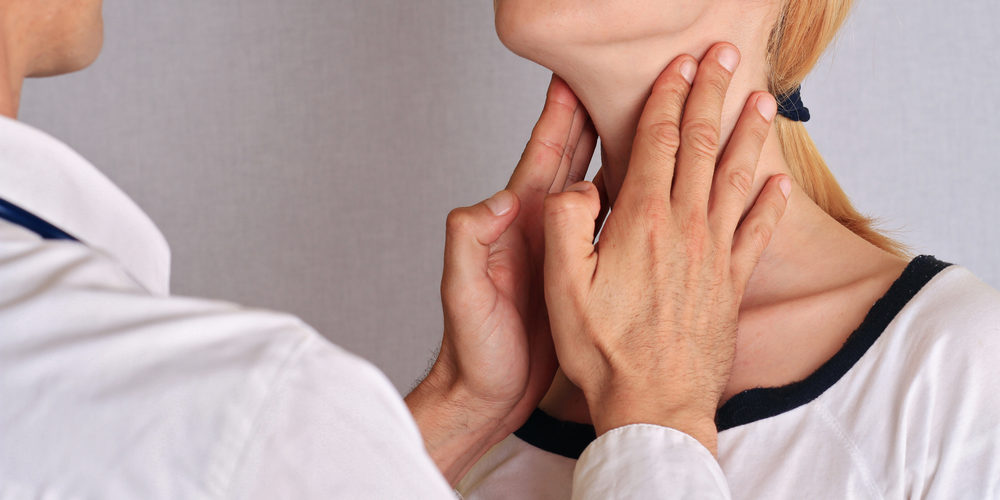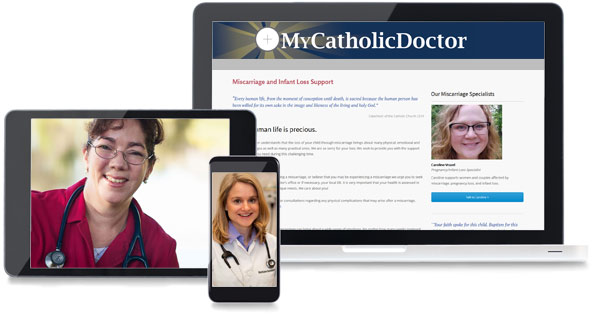Hypothyroidism (underactive thyroid) is a condition in which your thyroid gland doesn’t produce enough of certain crucial hormones. It may not cause noticeable symptoms in the early stages. Over time and left untreated, hypothyroidism can cause a number of health problems such as obesity, joint pain, infertility and heart disease.
Hypothyroidism can affect people of all ages, genders and ethnicities. It’s a common condition, particularly among women over age 60. Women are generally more likely to develop hypothyroidism after menopause than earlier in life.
The term hypothyroidism is an umbrella term for a low level of thyroid hormones in the body. Hashimoto’s disease is the most common (but not exclusive) cause of hypothyroidism.
Hypothyroidism vs. hyperthyroidism
The difference between hypothyroidism and hyperthyroidism is quantity. In hypothyroidism, the thyroid makes very little thyroid hormone. Hyperthyroidism involves higher levels of thyroid hormones, which instead makes your metabolism speed up. Many things are opposite between the two conditions. If you have hypothyroidism, you may have a difficult time dealing with the cold. If you have hyperthyroidism, you may not handle the heat. They are opposite extremes of thyroid function. Treatments for both of these conditions work to get your thyroid function as close to that middle ground as possible.








